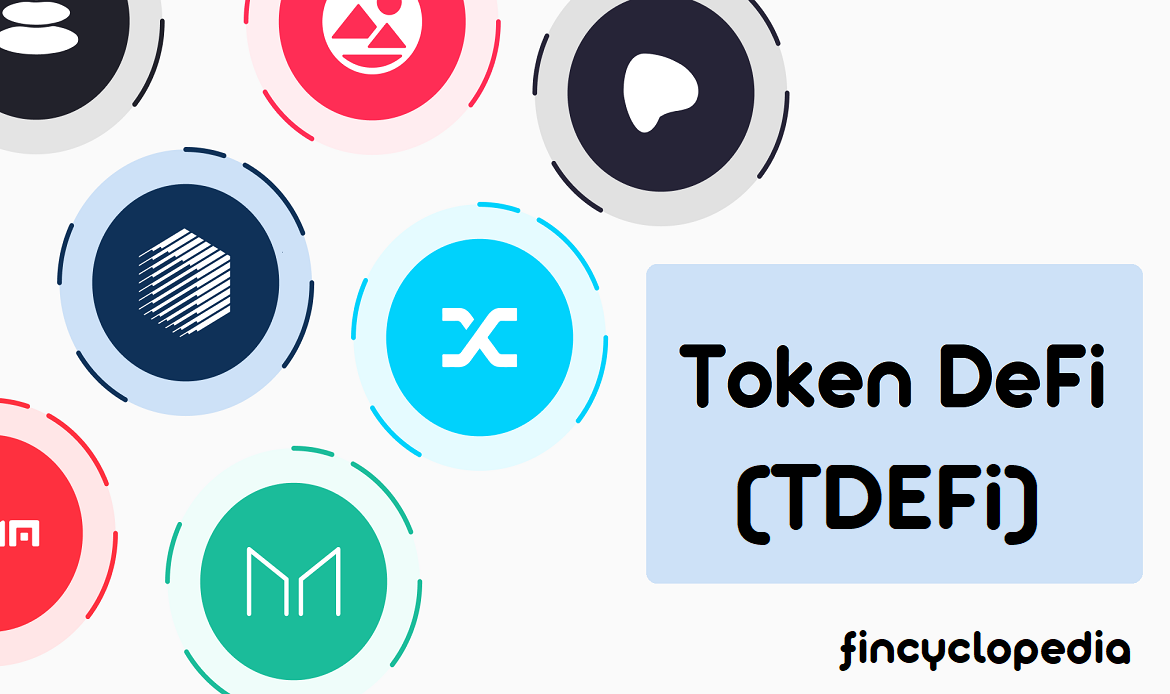LIBOR (London Interbank Offered Rate) is an interbank rate used as a benchmark or reference rate for short-term interest rates. At LIBOR, banks borrow funds from other banks, in marketable size, in the London interbank market. This rate implies the banks’ perception of their cost of funds in the interbank market. The “funds” are defined as unsecured interbank cash or cash raised through primary issuance of interbank certificates of deposit (CDs). Principally, most creditworthy international banks transacting in the Eurodollar market use LIBOR to charge each other for large loans. The LIBOR rate is also the base for other large Eurodollar loans offered to less creditworthy corporate and government borrowers.
On the other hand, SOFR (Secured Overnight Financing Rate) is a broad reference rate that measures the cost of borrowing money overnight collateralized by Treasury securities. It is an interbank overnight reference rate that was introduced as an alternative to LIBOR, given the substantial shortcomings (e.g., rate rigging) that had historically engulfed the latter. The SOFR includes all trades in the so-called “Broad General Collateral Rate” in addition to bilateral Treasury repurchase agreement (repo) transactions cleared through the delivery-versus-payment (DVP) service, in exception of “specials” (specific-issue collateral).
Though both rates are represent, or are used as, reference points for multiple lending arrangements in banking and financial markets, there are certain differences that set each apart. LIBOR is dependent on expert judgement provided by a number of panel banks, while SOFR is dependent on data compiled from observable transactions in the marketplace. Therefore, LIBOR is considered forward-looking while SOFR is backward-looking. Furthermore, LIBOR accounts for the credit risk of borrowing in the interbank market and SOFR is basically a risk-free rate.
SOFR is secured with treasury securities and LIBOR is not. SOFR is confined to one currency: US dollar, while LIBOR currencies include USD, GBP, EUR, JPY and CHF.







